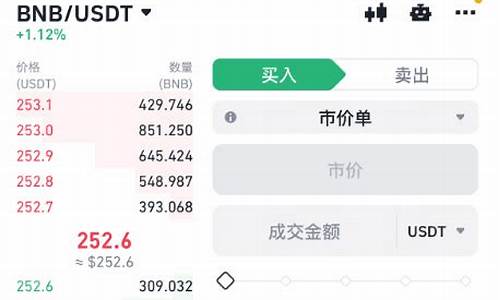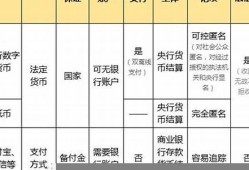
What is the stop-profit protection mechanism of digital currency?
Digital currency, also known as cryptocurrency, is a decentralized form of
money that uses cryptography to secure transactions and to control the
creation of new units. One important aspect of managing digital currency is
the ability to set stop-profit orders, which are used to automatically sell
an asset once it reaches a certain price level. This mechanism can be
particularly useful for traders who want to limit their potential losses or
take profits at specific points in time.
The stop-profit protection mechanism works by setting a maximum price
level at which an asset can be sold. Once the asset reaches this price, the
order is automatically executed, and the funds are transferred to the
seller's account. This allows traders to lock in gains or minimize losses
by selling at the optimal price point.
There are several different types of stop-profit orders that traders can
use, including traditional stop-loss orders and advanced stop-profit orders.
Traditional stop-loss orders are designed to limit potential losses by selling
an asset if it falls below a predetermined price level. Advanced stop-profit
orders, on the other hand, allow traders to set both a maximum profit
level and a minimum price level at which an asset can be sold. This gives
traders more flexibility in managing their trades and maximizing their
potential gains.
It's worth noting that stop-profit orders can be risky, particularly for
new traders who may not have a thorough understanding of market trends and
price movements. It's important to carefully consider your risk tolerance and
to set realistic stop-profit levels based on your trading strategy and goals.
In conclusion, the stop-profit protection mechanism is an important tool for
traders looking to manage their risks and maximize their potential gains in the
digital currency market. By setting clear stop-profit levels, traders can
avoid unnecessary losses and take advantage of profitable opportunities as
they arise.









